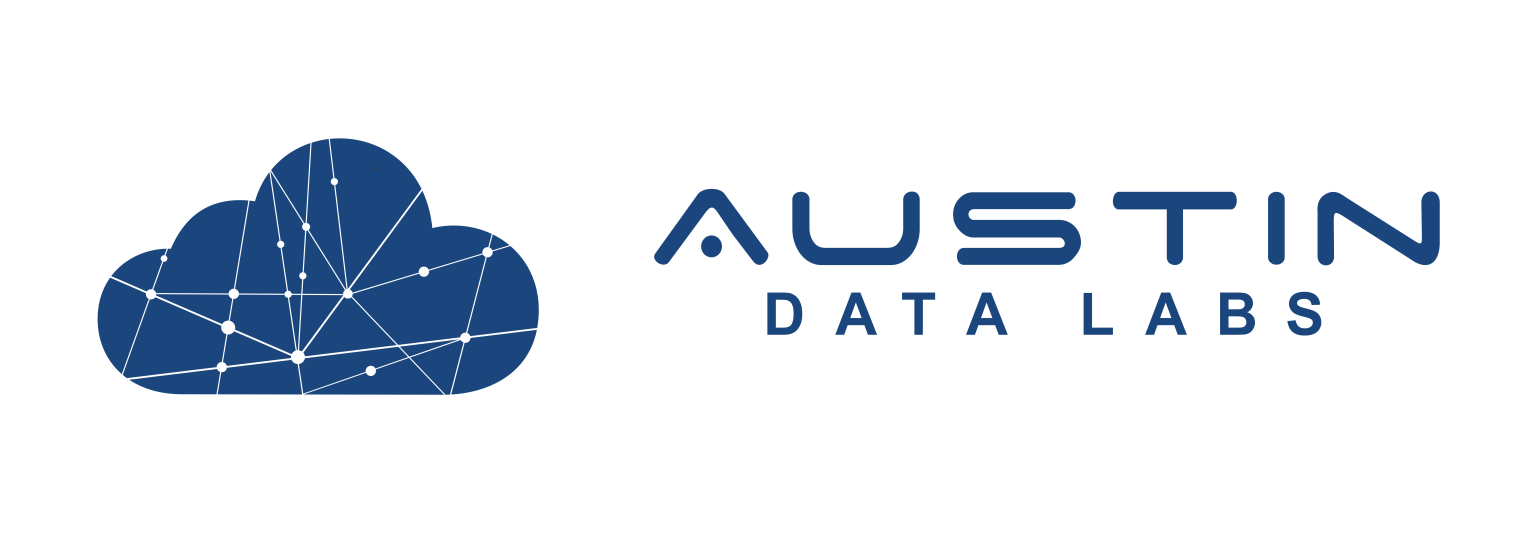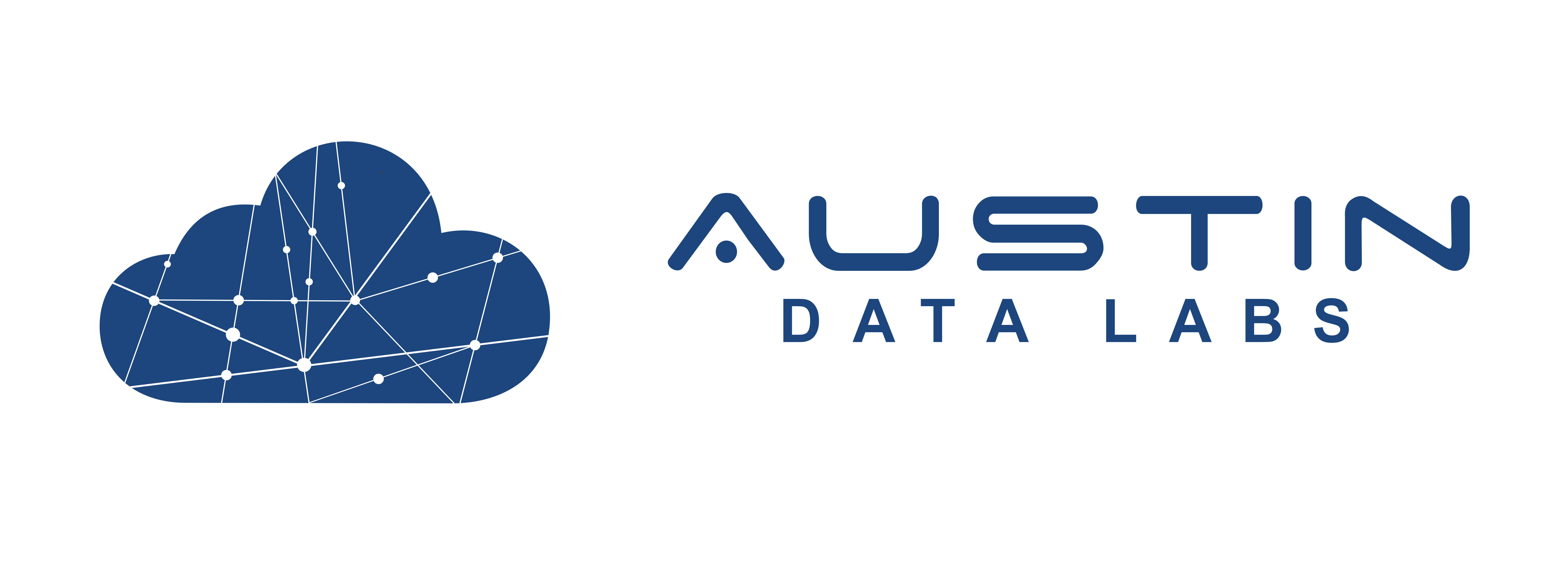Data science might seem like a daunting addition to your supply chain process, but it can bring significant benefits. Your processed meat business can benefit from better decision making, better forecasting, and improved optimization.
Here are 5 common sense ways data science can benefit your processed meat product supply chain:
- Inventory Management: Cutting Waste, Saving Money
In the meat business, we know that wasted product means wasted money. Data science can help you keep tabs on your inventory levels and optimize your storage capacities, so you’re not losing valuable product to spoilage or expiry. By analyzing data on product shelf life, sales patterns, and consumer demand, you can make sure you’re stocking just the right amount of product to satisfy your customers without letting your goods go bad.
- Production Optimization: Keeping It Lean
In the world of processed meat, you’re always looking to make your production processes as efficient as possible. With the help of data science, you can analyze production data to find bottlenecks and inefficiencies in your processing lines. By identifying and addressing these issues, you can save on labor and production costs, and ultimately pass those savings on to our customers.
- Pricing: Maximizing Profit
Pricing is a critical aspect of your business. By leveraging data science, you can analyze consumer demand, competitor prices, and market trends to optimize pricing strategies. This enables you to set prices that maximize profit while still staying competitive in the market.
- MRP (Material Requirements Planning): Ensuring Adequate Supply
In the meat processing industry, raw material supply is critical. By utilizing data science, you can analyze sales data and production schedules to determine the amount and timing of raw material needed for production. This enables you to ensure adequate supply, prevent stockouts, and avoid excess inventory.
- Demand Forecasting: Staying Ahead of the Curve
To stay competitive in the processed meat industry, you’ve got to be able to anticipate changes in consumer demand. Data science allows you to analyze sales and consumption data, along with external factors like seasonal trends and market conditions, to predict future demand for your products. This enables you to adjust our production levels accordingly, ensuring you’re always ready to meet your customers’ needs.
We hope this down-to-earth look at 5 of the common sense ways data science can benefit the processed meat product supply chain helped you understand where you can get started. By helping you manage inventory, optimize production, optimize pricing, improve MRP, and forecast demand, data science is revolutionizing your industry and allowing you to better serve your customers.
Want more content from our meat industry experts?
Watch our webinar “Commodity Deconstruction Optimization“.



